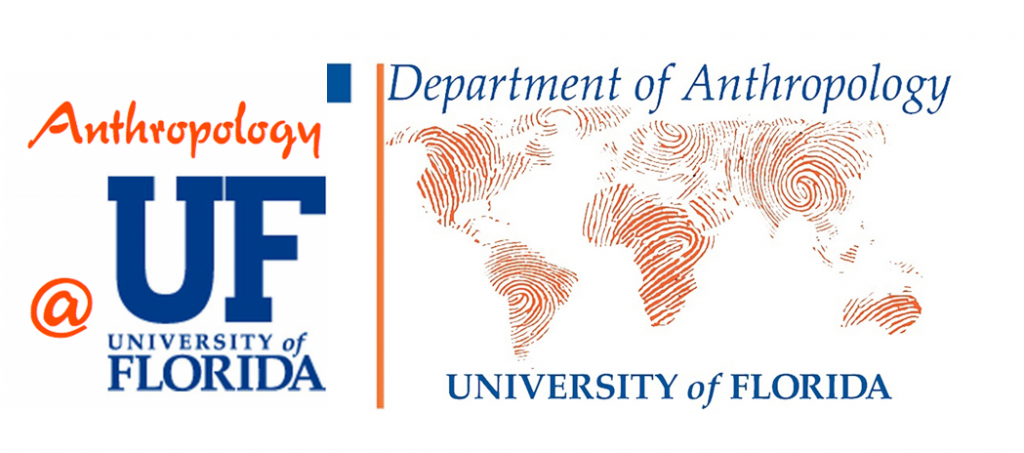Professor, Associate Dean in the College of Liberal Arts & Sciences (CLAS) & Director of the Bureau of Economic & Business Research (BEBR)
Dr. McCarty’s current research interests are in the area of social networks. He has worked on the adaptation of traditional network methods to large-scale telephone and field surveys and the estimation of hard-to-count populations, such as the homeless and those who are HIV positive. His most recent work is in the area of professional researcher networks, using publication co-authorship and grant co-awardee data as well as topic models to describe and analyze networks. He has developed a program called EgoNet for the collection and analysis of personal network data.
Dr. McCarty received an undergraduate degree in anthropology from West Virginia University in 1980 and a doctorate in anthropology from the University of Florida in 1992. He has conducted research in Mexico, and West Africa. He has consulted with USAID on projects in Cameroon, Ghana and Jamaica.
Professor & Director of the Mulligan (Human Genetics) Lab @ UF Human Genetics Institute, CGRC
Dr. Mulligan’s research specializes in biological anthropology. Her research program uses molecular genetic data to investigate questions about human health and disease, taking an interdisciplinary perspective on evolution and health with a focus on the impact of childhood adversity and the basis of racial health disparities. With fellow Principal Investigators (PIs) Dr. Chris McCarty and Dr. Lance Gravlee, they explore the basis of racial disparities in hypertension and the role of discrimination and ethnicity, thus incorporating estimates of genetic ancestry and allele frequencies of candidate genes, novel measures of discrimination, and personal social networks. Their collaborative results consistently reveal significant interactions between genetic variants and sociocultural measures highlighting the merit of a biocultural approach and suggesting that more narrowly focused studies may be missing important associations.


